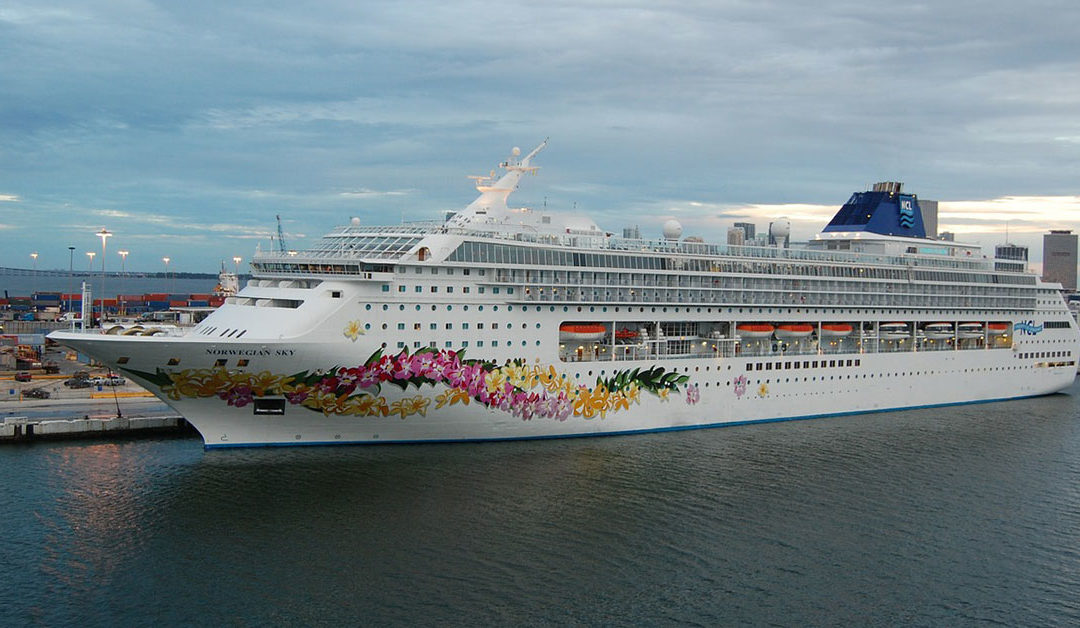You are about to embark on a grand adventure across the Atlantic. Bon Voyage! We hope for nothing but the best. Hopefully, you will experience wondrous memories and good company. However, what if something does hinder your trip. The unthinkable. What if you get injured? What is there a crime? What are the laws? Are you familiar with cruise ship jurisdiction? What does this mean when you are in territorial waters? You can trust the cruise ship lawyers at Irwin Law Firm to provide the necessary information and keep you in the loop.
Understanding the Law
Due to the fact that a cruise may be sailing in waters that are under a different legal jurisdiction than the country that the cruise ship calls home, and compounded by the fact that cruise guests and employees often have a variety of different countries of origin, it’s easy to see how cruise ship law can require navigating a seemingly insurmountable mountain of red tape. But, if you’re preparing to set out on a cruise, it is important to understand what rules and regulations apply to you and your traveling companions. Ask our cruise ship lawyers today to answer any questions you may have.
Laws on Territorial Waters Are So Complex
One of the main reasons that prosecuting a crime at sea can be more challenging than prosecuting crime on land is that maritime law is known for being one of the least updated and most intricate of the legal sectors. This can get pretty confusing. In many cases, laws that govern sea-based operations are decades old. Some date for over a hundred years. In that time, a lot has changed on the high seas, meaning that these old laws may no longer be relevant or beneficial to passengers and crewmembers. This becomes a problem. Yet, without any new legislation to clarify or modernize maritime law, attorneys and their clients are left to wade through the often murky legal waters.
Once a cruise ship sails more than 24 miles off of the coast of any given country, it is considered to be in international waters. This means that the laws governing crimes on the ship are determined by the flag that the ship is sailing under. It is not uncommon for a ship to be flagged in a different country than the one from which it departed. In fact, cruise lines often flag their ships in countries where the laws are less stringent, so as to avoid greater oversight.
If a crime occurs at sea, outside of U.S. waters, senior level agents in the FBI will work with the Department of Justice’s Office of International Affairs to determine the level of FBI involvement. In most cases, the FBI’s role in an international investigation will largely depend upon the country where the crime took place, as well as FBI resources in that particular region. It is forbidden for the FBI to enter a foreign flag vessel outside of U.S. territory to enforce U.S. criminal laws, without the permission of the flag state.
Call Us Today
We are your best resource when it comes to territorial waters. At Irwin Law Firm we are experts. You can trust our cruise ship lawyers. Get a chance to meet the best maritime attorney in the state! Call or visit us today to get more information. We are located at 205 W. Davie Blvd. Fort Lauderdale, Florida 33315 and can be reached at our office number (954) 775-2301.

